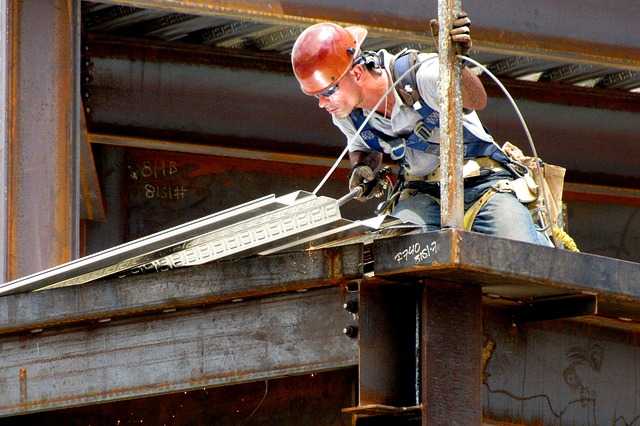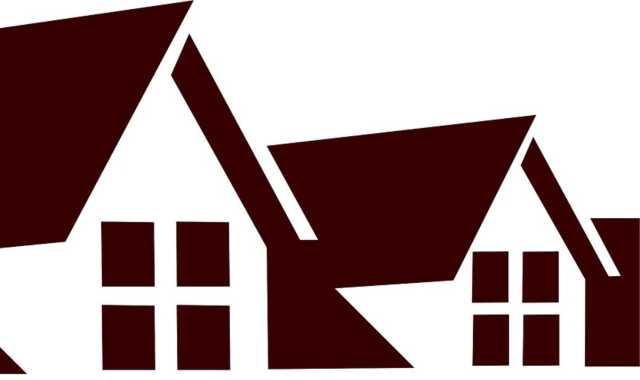
If your commercial building needs a new roof, it pays to do some research and determine the best roofing materials to go with—especially considering the repairs and maintenance costs that you may incur with poor roofing. It is not easy to find the right solution, not so much because of the numerous commercial roofing materials on the market today, but rather because of how undertaking a project such as this can be demanding and costly. This post aims to provide a brief description of each type of commercial roofing material with respect to application, benefits, and how to select the right roofing for your business.
Commercial Roofing Materials
There are several commercial roofing materials on the market today. The roof is one of the most visible parts of your building and one that you would like to make sure that it was made with quality construction materials, which will result in long lasting and sturdy performance. Here are some of the common commercial roofing materials:
1. Metal Roofing
Metal Roofing is one of the more durable and long lasting options, as these roofs are more resistant to corrosion and rust. They are often made of aluminum, copper, zinc, or zinc alloys. Metal roofs may be used for residential or commercial buildings. When your metal roof has been properly installed and maintained, it could last up to 20 years. A metal roof may also save on the energy costs due to its reflecting ability. Additionally, these roofs are recyclable, low maintenance and low cost.
Two of the common metals that are often used include aluminum and steel. While aluminum roofs are generally more affordable than steel, they also have lower strength. Another difference is that steel roofing is much heavier and may include a membrane coating to prevent rusting.
There are several ways to install a metal roof, but one of the more popular ways is by using corrugated panels that can be nailed, screwed or glued (epoxy resin) into place. Metal roofs are normally costlier than other materials because of the cost to install. It is also important to ensure that your installation meets the United States Department of Commerce certification standards.
2. Architectural Shingles
Architectural shingles are an extremely common type of roofing material because of their longevity and versatility. Architectural shingles can be manufactured in a wide variety of materials, including metals, such as copper, aluminum, zinc and steel. These are generally made up of mineral granules and plastic resins that are then thermo-molded into distinctive shapes and designs. The most popular styles include the asphalt shingle and the fiberglass shingle. These roofs can last up to 50 years with proper maintenance.
3. TPO Roofing Systems
Thermoplastic polyolefin (TPO) roofing systems are also known as ethylene propylene diene monomer (EPDM) roofing systems. TPO roofing systems are made up of thermoplastic polyurethane and polyolefin and provide a great alternative to conventional roofing materials. These are highly resistant to heat, chemicals and ultraviolet radiation. TPO roofing systems have been known to be used on recreational vehicles, equipment shelters, swimming pools, carports, patios and porches.
Selecting the Right Fit for Your Business: What to Consider
All these options mentioned above are great choices, but which one is best suited for your business’ needs? Consider the following factors:
- Budget
- Your Ideal Style and Appearance
- Ease of Installation
- Energy Savings Potential and Durability
- Maintenance Requirements
- Manufacturer Warranty Information
When in doubt, consulting with a local commercial roofing company can help you make a more informed decision. A commercial roof replacement is no small investment, so you want to make sure you get it right the first time!
https://mydividedsky.com/commercial-roofing-materials-finding-the-right-fit-for-your-business/?utm_source=rss&utm_medium=rss&utm_campaign=commercial-roofing-materials-finding-the-right-fit-for-your-business

No comments:
Post a Comment